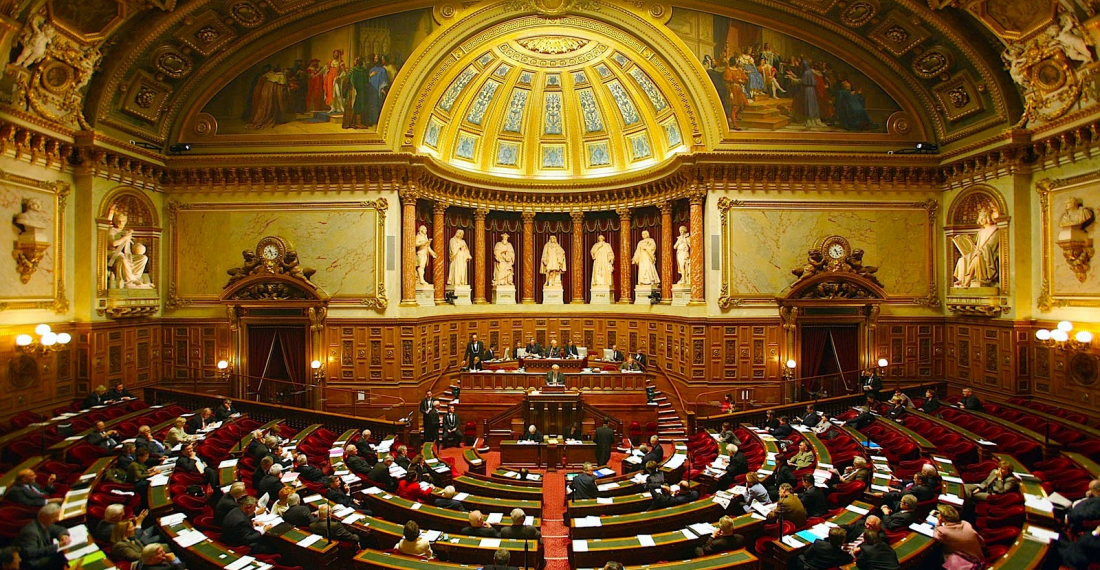The French Senate has passed a resolution calling on the government to officially recognize the Nagorno-Karabakh Republic, 305 senators out of 306 present voted for the resolution on Wednesday.
"[The Senate] urges the French government to recognize the Nagorno-Karabakh Republic and use this recognition as a tool in the talks to establish lasting peace," the approved document notes.
In turn, French Secretary of State at the Minister for Europe and Foreign Affairs Jean-Baptiste Lemoyne expressed the opinion that "unilateral recognition of Karabakh will do no good for anyone" and will not serve to boost mediation efforts. He recalled that France, a co-chair of the OSCE Minsk Group, backs implementation of the ceasefire agreement reached on November 9.
The resolution is non-binding.
Armenian Prime Minister Nikol Pashinyan tweeted his thanks
J’adresse ma profonde gratitude à la France et au peuple français pour la Résolution du @Senat sur la reconnaissance de la République d’#Artsakh. La France réaffirme son attachement aux valeurs universelles, ainsi qu’au respect des principes fondementaux du droit international.
— Nikol Pashinyan (@NikolPashinyan) November 25, 2020
Azerbaijan has condemned the French Senate decision.







